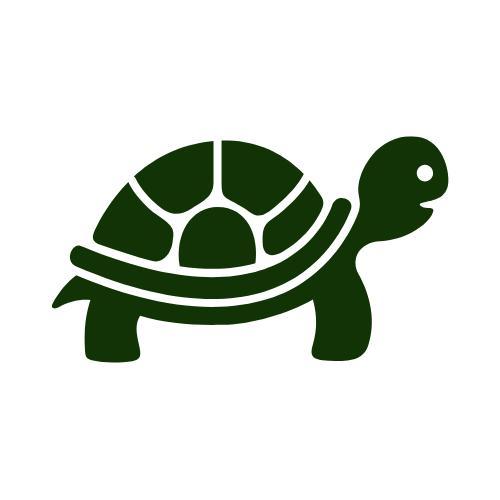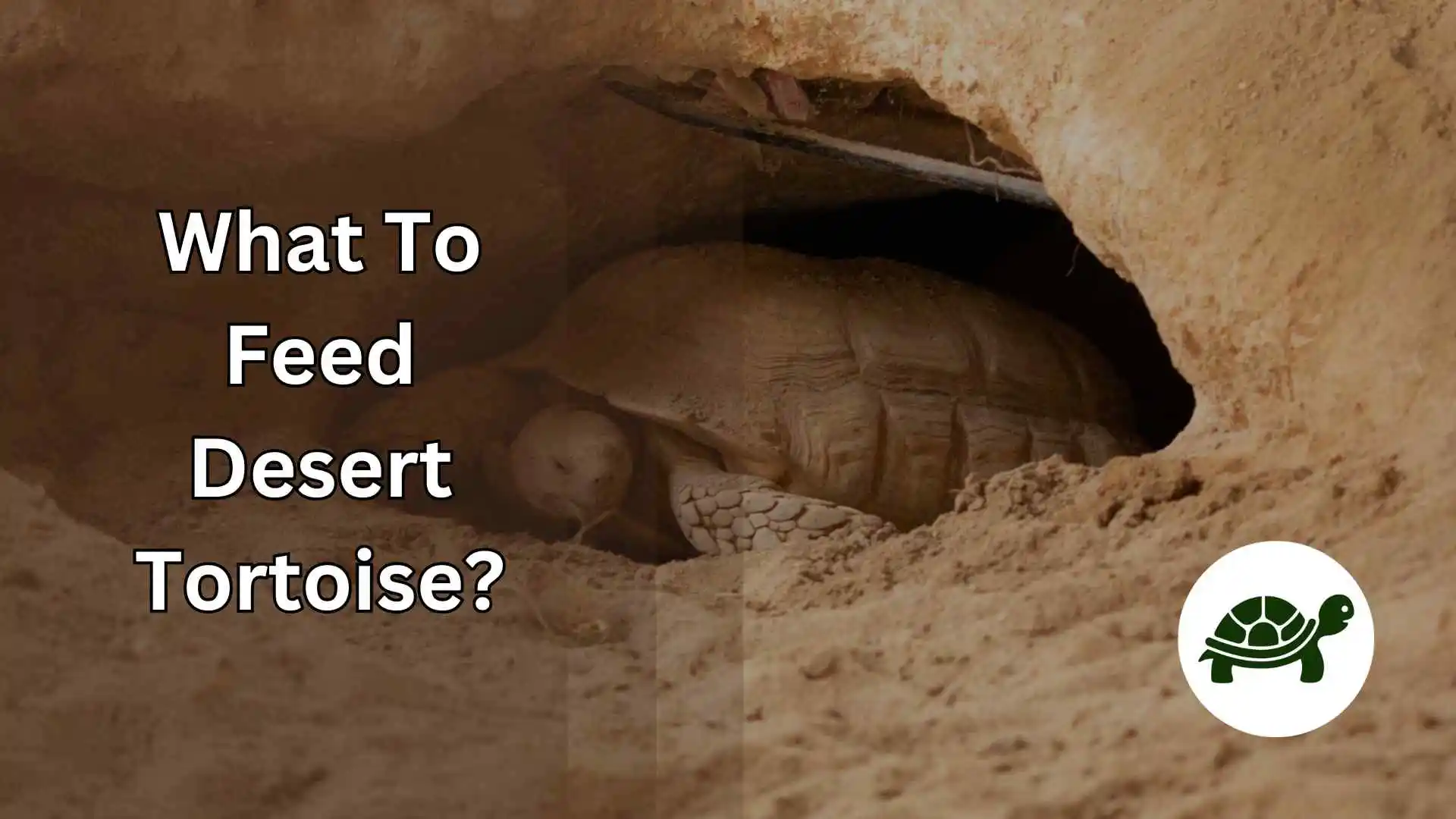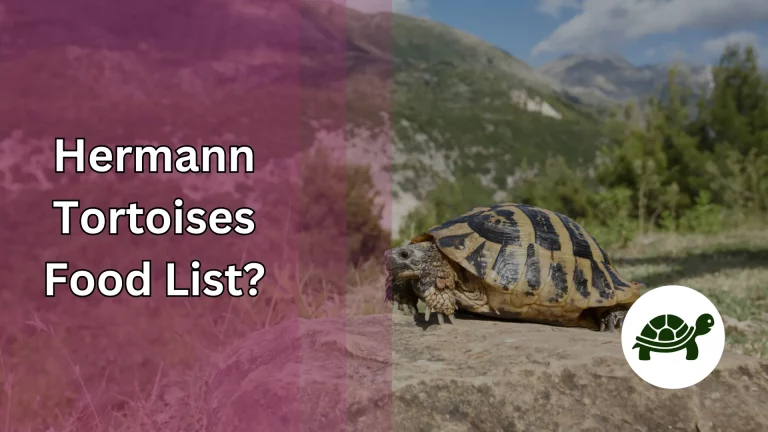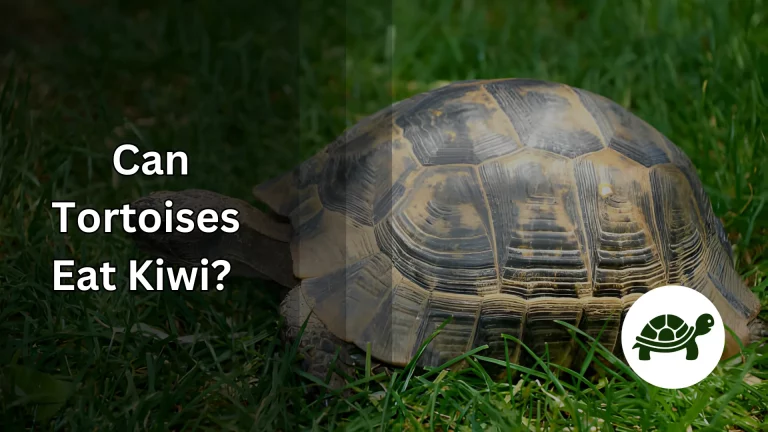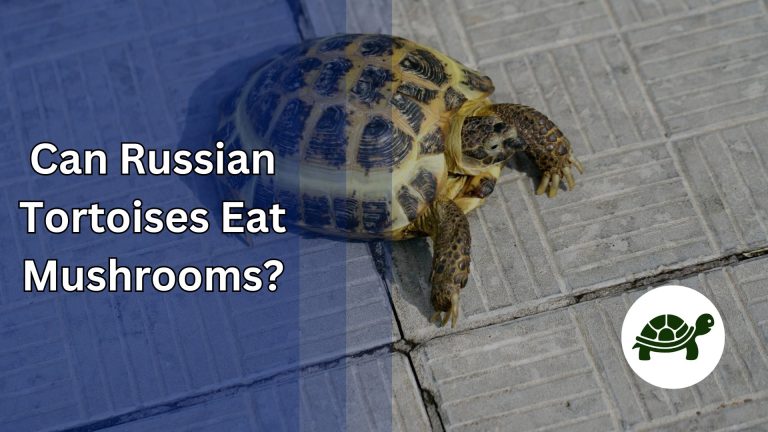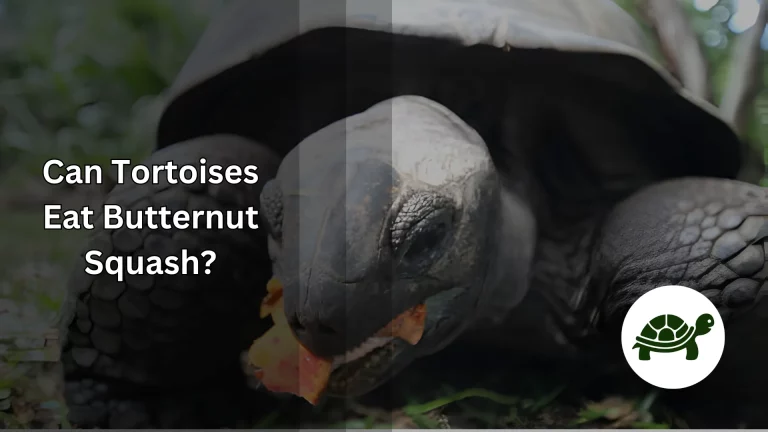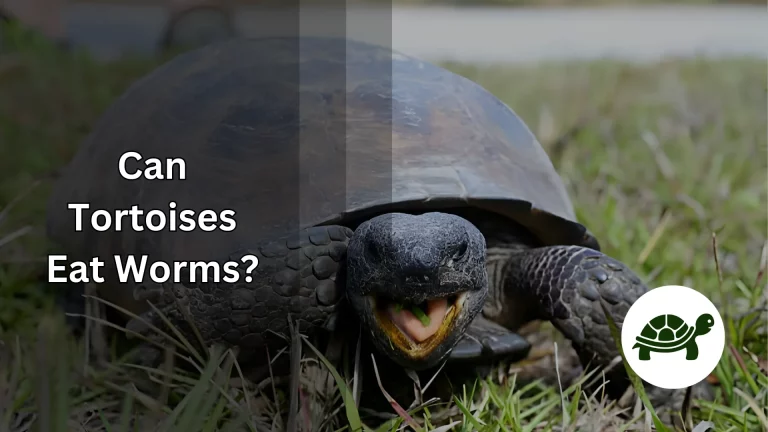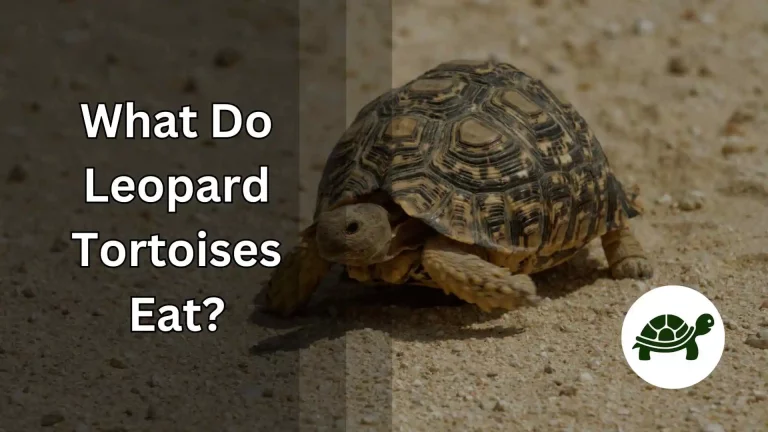What To Feed Desert Tortoise? – A Complete Guide
Did you know that the desert tortoise can live up to 80 years in the wild? These fascinating creatures are not only long-lived but also require a specific diet to thrive, especially when kept as pets. In this comprehensive guide, we’ll delve into everything you need to know about what to feed your desert tortoise, helping you ensure its health and longevity.
Your tortoise is what it eats—literally! A proper diet is vital for maintaining good shell structure, bone health, and overall well-being. And while feeding your desert tortoise might seem straightforward, there’s more to it than tossing a few leaves into their enclosure. From vegetables and fruits to the right supplements, we’ll cover it all so you can be the best tortoise parent possible.
So, whether you’re a first-time tortoise owner or a seasoned herpetologist, read on to discover the ins and outs of a balanced and healthy diet for your desert tortoise. We’ll discuss the importance of mimicking their natural diet, what types of food to include, feeding schedules, and much more!
The Importance of Diet for Desert Tortoises
When it comes to taking care of a desert tortoise, what’s on the menu is more than just a matter of taste—it’s a matter of health and longevity. The right diet plays a pivotal role in the life of a desert tortoise, impacting everything from their activity levels and reproductive capabilities to their overall well-being.

You might be surprised to learn that a poorly managed diet can lead to a myriad of health issues for your shelled friend. Insufficient nutrition or the wrong types of food can result in a weaker shell, digestive problems, and even metabolic bone disease. That’s why understanding the nutritional needs of your desert tortoise is key to ensuring a long, healthy, and active life.
So, if you’re committed to the welfare of your desert tortoise, paying attention to its diet should be a top priority. In the following sections, we’ll guide you through the different types of foods that are beneficial, and those you should steer clear of, to give your tortoise the balanced diet it deserves. Keep reading to turn the dining corner of your tortoise’s enclosure into a haven of health and happiness!
Natural Diet in the Wild
Before you embark on a culinary adventure for your pet, it’s essential to understand what a desert tortoise naturally munches on in the wild. After all, mimicking their natural diet as closely as possible is the best way to ensure their health and happiness.
Native Plants and Grasses

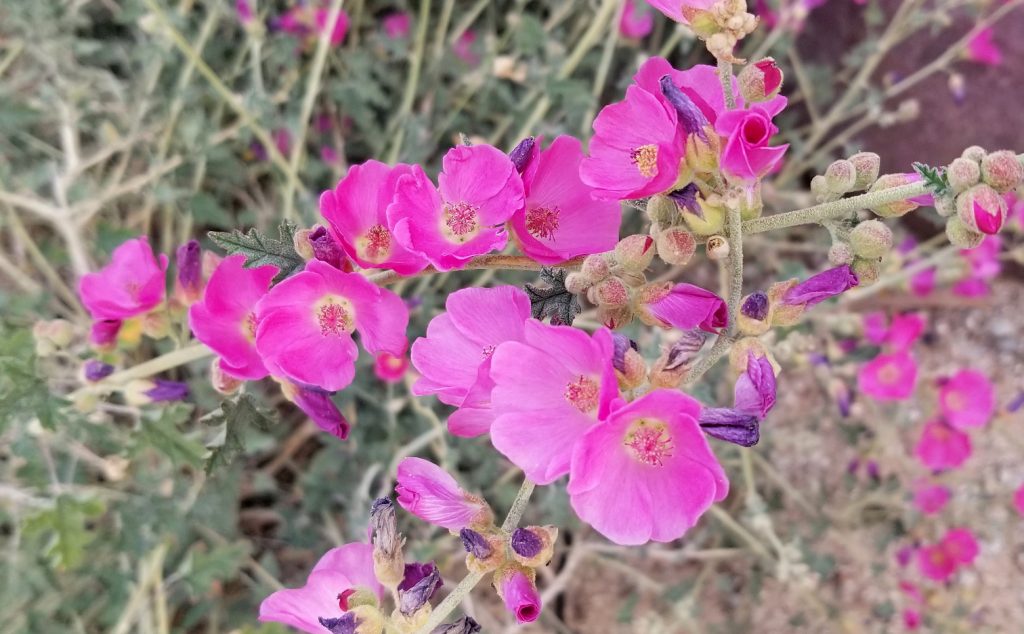
In the arid landscapes they call home, desert tortoises predominantly feed on native plants and grasses. Plants like the globe mallow and desert dandelion are not just tasty for them but are also rich in fiber, aiding in digestion. These plants also supply essential minerals such as calcium, necessary for strong bones and shells.
Cactus Pads and Fruits

Desert tortoises love chowing down on cactus pads and fruits when they get the chance. These juicy treats offer hydration and are packed with antioxidants and vitamins like vitamin C. Just be careful if you’re supplying these at home; make sure they are free of spines!
Forbs and Flowers
They also enjoy a good snack on forbs and wildflowers. These items are often high in both vitamin A and vitamin C, which are critical for maintaining good vision and a strong immune system, respectively.
Insects and Invertebrates (Rarely)
While desert tortoises are primarily herbivores, they sometimes consume insects and invertebrates. These little critters offer a protein boost, but they should make up a minimal part of a pet tortoise’s diet as too much protein can lead to health issues.
Understanding the natural diet of a desert tortoise helps in replicating it within your pet’s enclosure. Offering a variety of foods similar to what they’d find in their native habitat will not only make mealtime more interesting for them but will also provide a balanced range of nutrients essential for their well-being.
Types of Foods to Feed
So, you’ve got a grasp on what a desert tortoise would naturally consume in the wild. Great! Now, let’s translate that into a practical and nutritious menu for your shelled companion at home. From nutrient-packed veggies to occasional fruits and essential supplements, here’s your go-to list for a well-fed desert tortoise.
Vegetables
Leafy Greens


When it comes to vegetables, leafy greens should be your go-to. Items like dandelion greens, collard greens, and mustard greens are rich in fiber and calcium. However, they should be fed in moderation as they also contain oxalates, which can bind to calcium and reduce its absorption.
Other Veggies


Bell peppers, squash, and zucchini can also be included in your tortoise’s diet. These veggies offer a good mix of vitamins and are generally low in phosphorus, making them an ideal choice for balance.
Fruits
Berries

While fruits should be a less frequent item on your desert tortoise’s menu, an occasional serving of strawberries or blueberries can provide essential antioxidants and a vitamin C boost.
Melon

Watermelon and cantaloupe are also safe options and are great for hydration, especially during hot summer months. Just remember, moderation is key!
Supplements
Calcium Supplements
Calcium is crucial for your desert tortoise’s shell and bone health. Consider adding a calcium supplement, or even just a cuttlebone, to your pet’s diet to ensure it gets the calcium it needs.
Multivitamins
While a balanced diet should provide most of the necessary nutrients, a multivitamin supplement can serve as an extra insurance policy for your pet’s health. Look for one designed specifically for reptiles.
Navigating the grocery list for your desert tortoise may initially feel overwhelming, but keeping these categories in mind will make it a breeze. The key to a healthy tortoise is variety and balance, so make sure to rotate through different types of foods to offer a full range of nutrients.
Foods to Avoid
We’ve talked about the must-haves, but what about the must-nots? Feeding your desert tortoise isn’t just about knowing what to include; it’s equally important to know what to exclude from their diet. Let’s dive into the list of foods that are toxic or harmful to your desert tortoise so that you can make informed choices.
Processed Foods
You might find it cute to share a small bite of your sandwich or some crackers with your tortoise, but resist the urge. Processed foods are high in salt and preservatives, which are a no-go for your shelled buddy. They can lead to digestive issues and long-term health problems.
High Oxalate Vegetables


Some vegetables, like spinach and beet greens, are high in oxalates, which bind to calcium and inhibit its absorption. A calcium-deficient diet can spell disaster for your tortoise’s shell and bone health.
Dairy and Animal Protein


Contrary to popular belief, dairy products like milk and cheese, and high-protein foods like meat and eggs, are not suitable for desert tortoises. These foods can cause severe digestive problems and imbalance their nutrient ratios, leading to health issues like metabolic bone disease.
Toxic Foods

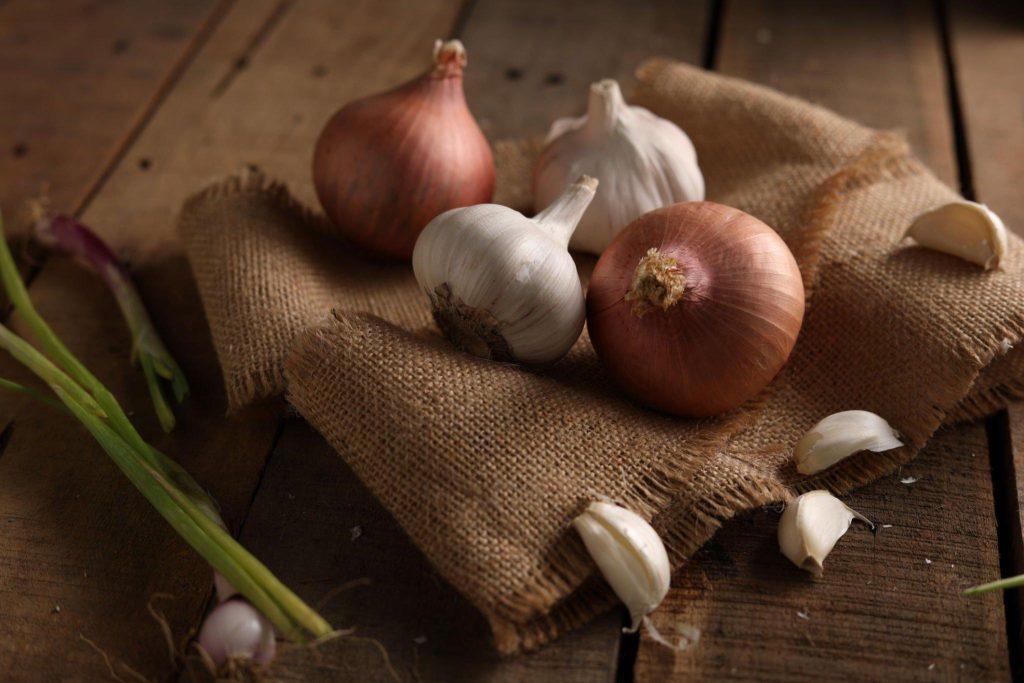
Certain fruits and plants, such as avocados, onions, and garlic, are outright toxic for desert tortoises. Ingesting these can lead to severe health consequences and should be strictly avoided.
High Sugar Fruits

Fruits like bananas and grapes may be delicious but they are too high in sugar for your tortoise to handle. Consuming these can lead to obesity and other metabolic issues over time.
Iceberg Lettuce
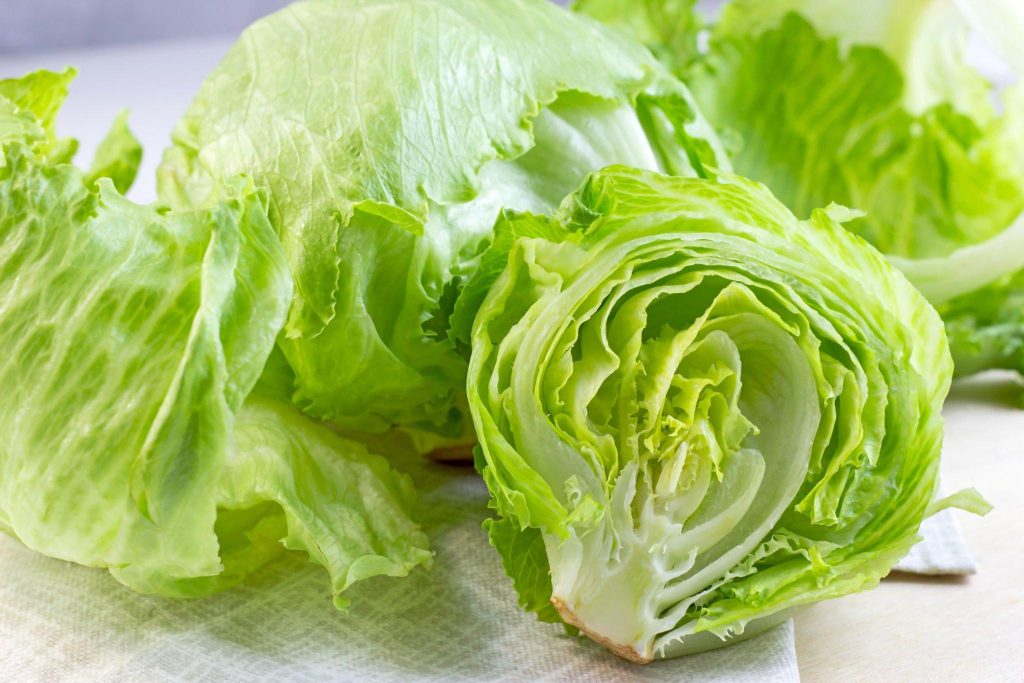
Although it may seem like an easy snack, iceberg lettuce is nutritionally empty and lacks the essential vitamins and minerals that your tortoise needs. Stick to leafy greens that offer more nutritional value.
Knowing what foods to avoid is half the battle in ensuring a healthy diet for your desert tortoise. Always double-check if you’re uncertain about a particular food item and when in doubt, consult with a veterinarian who specializes in reptile care.
Feeding Schedule & Portions
Now that you’re well-versed in the ‘dos and don’ts’ of what to feed your desert tortoise, you might be wondering, “How often should I feed them? And how much?” Establishing a reliable feeding schedule and figuring out the right portion sizes are the final pieces of the dietary puzzle for your pet tortoise. Let’s break it down.
Juvenile vs. Adult Feeding Schedule
Juveniles
Young desert tortoises have higher metabolic rates and need more frequent feeding to support their rapid growth. You should aim to feed juvenile tortoises daily or every other day to ensure they get the nutrients they need for healthy development.
Adults
Adult tortoises, on the other hand, require less frequent feeding. A schedule of 2-4 times a week is generally sufficient for a mature desert tortoise. But remember, always monitor your pet’s weight and adjust the feeding schedule as needed.
Portion Sizes
Getting the portion sizes right is crucial for preventing overfeeding and potential health issues like obesity. A good rule of thumb is to provide a volume of food that is approximately the size of the tortoise’s shell. If you’re unsure, consult a veterinarian for personalized advice tailored to your pet’s unique needs.
Seasonal Considerations
Don’t forget that desert tortoises are seasonal feeders in the wild. During the hotter months, they may eat more to store up nutrients before their winter hibernation. Adjust your feeding schedule and portions accordingly to mimic their natural feeding cycle.
Understanding your desert tortoise’s feeding schedule and portion needs doesn’t have to be a complicated affair. With these guidelines in hand, you’re well on your way to ensuring a healthy, balanced diet for your shelled family member.
Special Considerations
Even with a solid understanding of the basic dietary needs of a desert tortoise, there are always special circumstances that call for extra attention. Whether it’s health issues, seasonal changes, or other factors, let’s discuss some special considerations that can impact your desert tortoise’s dietary plan.
Medical Conditions
Metabolic Bone Disease
If your desert tortoise is suffering from metabolic bone disease, a condition often due to calcium deficiency, you’ll need to provide a calcium-rich diet along with UVB lighting for calcium absorption.
Gastrointestinal Issues
For tortoises with digestive troubles, fiber-rich foods like Timothy hay can be beneficial. However, consult a veterinarian for a proper diagnosis and treatment plan tailored to your pet.
Breeding Females
If you have a breeding female tortoise, her nutritional needs will change. Higher levels of calcium and protein are required during egg-laying seasons. Adjust the diet accordingly, and seek advice from a veterinarian specialized in reptile care.
Seasonal Adjustments
As mentioned earlier, desert tortoises are seasonal feeders. You might need to up the calorie count during summer months when they are more active and reduce food quantity during winter when they are less active or hibernating.
Allergies
Yes, tortoises can have allergies too! If you notice symptoms like lethargy, excessive itching, or digestive issues, consult a veterinarian immediately. An allergy panel may be necessary to pinpoint the problem.
Water Intake
While we’ve focused primarily on food, never underestimate the importance of fresh, clean water. Dehydration can be a serious issue, particularly for a species adapted to arid environments. Make sure your tortoise always has access to water, even if they don’t drink often.
Caring for a desert tortoise is not a one-size-fits-all approach. These special considerations are crucial for adjusting your pet’s diet according to its individual needs and life stages. When in doubt, the expertise of a qualified veterinarian is invaluable for keeping your tortoise healthy and happy.
Frequently Asked Questions (FAQs)
The world of desert tortoise care is rife with questions, especially when it comes to their diet. We’ve compiled a list of the most frequently asked questions to help you become the best tortoise parent you can be. Let’s get those questions answered!
1. Can Desert Tortoises Eat Fruit Every Day?
No, fruits should only make up a small portion of a desert tortoise’s diet and should be given sparingly. Overconsumption of fruits can lead to digestive issues and nutritional imbalances.
2. Is It Safe to Feed Desert Tortoise Wild Plants?
Wild plants can be part of a natural diet for a desert tortoise. However, make sure the plants haven’t been treated with pesticides or herbicides, as these can be harmful to your pet.
3. How Long Can Desert Tortoises Go Without Food?
Adult desert tortoises can survive for quite some time without food, especially if they have access to water. However, this is not recommended. Regular feeding according to your pet’s needs is crucial for their well-being.
4. Do Desert Tortoises Need Vitamin Supplements?
While a well-balanced diet should provide most of the essential nutrients, some owners opt for vitamin supplements as an extra measure. Consult your veterinarian for specific recommendations tailored to your tortoise.
5. What’s the Best Time of Day to Feed My Desert Tortoise?
Early morning or late afternoon is generally the best time to feed your tortoise, mimicking their natural feeding times in the wild. However, the optimal feeding time can depend on your pet’s specific activity patterns.
Got more questions? Don’t hesitate to reach out to experts or veterinarians who specialize in reptile care. A well-informed owner leads to a happy and healthy desert tortoise!
Conclusion
Congratulations, you’ve journeyed through the essential landscape of feeding your desert tortoise! From understanding the natural diet in the wild to the ins and outs of what to include and exclude in their meals, you’re now well-equipped to provide your shelled friend with a balanced and nutritious diet. Remember, the keys to a healthy desert tortoise are variety, moderation, and special considerations tailored to your pet’s unique needs.
Feeding your desert tortoise doesn’t have to be a complicated affair. A consistent schedule, the right portion sizes, and a keen eye for quality ingredients can make all the difference. And let’s not forget the occasional treat! With the information you’ve gained from this comprehensive guide, you’re not just a pet owner; you’re a responsible tortoise parent.
Thank you for reading this far, and we hope you’ve found this guide to be both informative and practical. Your desert tortoise is a unique and fascinating creature that deserves the best care possible. So, here’s to many years of happy and healthy living for your desert tortoise!
